This is how to thrive, rather than survive, during menopause, according to world-renowned experts
In celebration of Menopause Awareness Month, meet our experts.

If you’re one of the 85% of women who wil go through menopause at some point in their lifetime, you might have some questions. Like, how do you know if you actually have it? What are the most common signs it's happening to you? And should you try hormone replacement therapy, otherwise known as HRT?
Before we get into it, know this: while menopause is likely something you can't avoid, it's also a perfectly natural stage of life for most women.
Luckily, there's a wealth of experts, resources and information out there now aimed at helping you through this stage of your life. Plus, thanks to celebrities like Davina McCall and expert committees, like the Menopause Mandate, campaigning tirelessly, the life phase is thankfully losing its stigma. But that doesn’t mean that we’re fully there yet – many would argue that we still have a long way to go in order to smash the taboo around the common yet not so commonly discussed topic.
Below, we caught up with three women who are trying to encourage greater conversation around the change, so if you're going through it yourself, you know you're not alone. Sara Matthews is a consultant gynaecologist, Dr Jan Toledano specialises in women's hormones at the London Hormone Clinic, and Jackie McCusker is a registered Nutritional Therapist.
Drawing on expert insight and their own lived experience, they share your need to knows about menopause, including the average age of menopause, how your skin changes during menopause, and the best menopause supplements, plus their top tips for thriving, not simply surviving, this stage of life. For your need to knows and more - keep scrolling.
This Menopause Awareness Month: your need-to-knows
What is the menopause?
First up - a definition of menopause for you. “It’s the age at which a woman has her last period,” explains Matthews. “For women in the UK, this sits at an average age of 51. At this point, there are no functioning eggs left in your ovaries.”
Technically, if a woman has been without a period for twelve months, it can be referred to as the menopause, but not before that point, McCusker adds. “In the Western world, one year after your last period is when you're officially diagnosed as going through the menopause. Up until that point, you're in the peri-menopause. That’s the stage when our oestrogen and progesterone levels are beginning to drop." She herself experienced early menopause symptoms in her 30s.
Marie Claire Newsletter
Celebrity news, beauty, fashion advice, and fascinating features, delivered straight to your inbox!
What is the difference between menopause and perimenopause?
Put simply, the menopause is when your periods stop, while the perimenopause is the months (or years) before your period stops when hormones change and you start to have menopausal symptoms (like hot flushes – but more on that later).
Matthews goes on: "The perimenopause can pre-date the menopause by up to ten years when periods are still regular and hormone levels are "normal". Stereotypically, the ability to conceive will also be lost approximately two years prior to the last period.”
The perimenopause continues until you are considered “post-menopausal” (one year after your period stops). Perimenopause can last a long time, with some women saying they feel the menopausal changes in their late 30s. That said, it’s important to remember that not all women will have the same experience of the menopause. Some will experience the menopause suddenly or early, as a result of surgery or treatment for cancer, and some might not get symptoms at all.
What are some of the tell-tale menopause symptoms?
You start to experience symptoms in the perimenopausal stage, which can occur at different times for each individual as it’s all down to the changes in your hormones. “Progesterone will have already been depleted over the previous decade, so many women will have already gone through heavier periods and worse PMS symptoms,” explains Dr Toledano.
“Then, your ovaries stop producing oestrogen – the hormone that controls many functions of a woman’s body – and that’s when you may experience symptoms like hot flushes, low mood, vaginal dryness, poor memory and headaches. On top of that, testosterone also declines, which can cause low energy, libido, muscle strength and, in turn, confidence.”
A post shared by Davina McCall (@davinamccall)
A photo posted by on
What are common symptoms of menopause and perimenopause?
There are a whole host of symptoms that occur when you’re at this point, some more common than others.
According to Matthews, around 88% of women in the perimenopausal stage will experience hot flushes (or vasomotor symptoms, to give them the correct medical name). Women describe these flushes as an “intense heat”, commonly on the upper part of the body – think the neck, face and shoulders. Sometimes you might look a little pink in the cheeks and sweat, while other times you won't. They can last just a moment or a few minutes.
Other potential symptoms span:
- skin dryness
- vaginal dryness
- hot flushes
- forgetfulness
- depression
- low moods
- night sweats
- irregular periods
- anxiety
- heart palpitations
- panic attacks
- decreased libido
- joint paints
- brain fog
- skin rashes
- allergic reactions
- weight gain
- hair loss
- brittle nails
- needing to go to the loo more often
- increased urine leakage
- migraines or other types of headache
- acne
- breast tenderness
- difficulty coping at work
- relationship difficulties
- sleep deprivation
- exhaustion
“We have completely individual biochemistries,” explains McCusker. “One person’s menopause isn’t going to be the same as another person’s menopause. It’s genetics, diet, the amount of stress we’ve had in our lives, cultural differences, and so on.”
Dr Toledano agrees, saying, “All women experience the change in hormones differently. Some are debilitated and feel unable to function properly, while others barely notice this change at all.”
They add: “There is an idea that women must carry on through menopause with little complaining." However, this idea isn't a fair representation of the changes you're experiencing, she adds. “These changes can be devastating and often happen at a time of life when there are other changes too, such as children growing up and leaving home."
Nothing symptoms in yourself and feeling overwhelmed? Remember this: "All symptoms are preventable and physical changes reversible.”
How long do symptoms last?
This is not a straightforward question to answer, because the menopause is defined by the day twelve months after your last period. However, the length of time a woman experiences the perimenopause, or symptoms of the menopause, will vary considerably.
Unfortunately, nothing is set in stone. “There is no test that can indicate how long,” says Matthews. “Women can start symptoms up to ten years before their periods' stop, but recent research suggests that symptoms after the last period last an average time of 7.4 years.”
According to the NHS, symptoms can last for months or years, and can change with time. For example, hot flushes and night sweats may improve, and then you may develop low mood and anxiety. Some symptoms, such as joint pain and vaginal dryness, can carry on after your periods stop.
Should you see a doctor to confirm you are going through the menopause?
Matthews recommends that you do. “It is always useful to consult your GP about any symptoms that could relate to the menopause, no matter what age you are. A blood test to check your hormones will indicate whether you are one to two years from your last period, but you can still have symptoms long before that," she explains.
"If your hormone levels are fine and your periods regular, and your GP has ruled out other causes for your symptoms, then it would be useful at that stage to see a menopause specialist,” she goes on.
Find your nearest NHS or private menopause specialist on the British Menopause Society website (this lists NHS and private specialists).
What’s the best menopause treatment?
“All perimenopausal symptoms will improve with hormone replacement therapy (HRT),” says Matthews. “About ten years ago, HRT received bad press after a study suggested it significantly increased the risk of blood clots and breast cancer. The findings have now been refuted and safer HRT regimes have been developed.”
Dr Toledo agrees with HRT as a treatment, adding, “Topping up the hormones that are low is the best option. The fear instilled by those studies and the subsequent press frenzy still causes confusion for women. There is no increased risk of disease, and in fact, there’s a lower risk of many diseases with certain HRT.”
Ideally, you would get a top-up of both oestrogen and progesterone, as they balance each other out. By replacing oestrogen you are protected against heart disease, strokes, high cholesterol, diabetes and osteoporosis. It also helps to relieve hot flushes. There’s also the option of vaginal oestrogen, which prevents and treats vaginal dryness and urinary symptoms. Matthews recommends it to all of her patients from the menopause onwards, apart from breast cancer patients. Replacing progesterone can stop skin from being and feeling as dry and helps with cognition and sleep.
What are the benefits of HRT?
HRT is proven to be effective, and many say it’s life-changing – it remains the most effective treatment for hot flushes, night sweats, tiredness, insomnia, mood changes and poor memory.
Women wishing to start HRT should carefully discuss the benefits and risks of treatment with their doctor to see what is right for them, taking into account their age, medical history, risk factors and personal preferences.
Can lifestyle changes help menopause and perimenopause symptoms?
Changes to your lifestyle can also help you manage your symptoms. “A heathy diet and exercise, good sleep and doing things that make you happy all have a positive impact,” says Matthews. “Moderating alcohol intake, stopping smoking, taking control of your health will bring massive benefits. Cognitive behaviour therapy can help along with meditation.”
Dr Toledano couldn’t agree more: “Make healthy lifestyle choices, like a better diet, more exercise (especially weight-bearing exercise to keep your bones healthy), stop smoking, lose excess weight and cut down on alcohol. Meditation or cognitive behaviour therapy can also be really useful.”
Is there a recommended menopause diet?
As a nutritional therapist, McCusker works closely with women to help them rethink their diets to help with the symptoms.
“The female Asian population tend to have a better experience of menopause than women in the Western world, and one of the main reasons why is their diet. They tend to eat a very nutritiously dense diet of whole foods, legumes, and traditionally fermented soy, which contain phyto-oestrogens. These are natural plant oestrogens and can emit a mildly oestrogenic effect when your oestrogen levels are dropping severely during perimenopause."
Her advice? Have a look at your diet, look at the composition of your plate and make vegetables your hero. "50% of your plate should be vegetables," she recommends. "There should be good quality fat, no low-fat anything and good quality protein. Things like legumes, tofu, and fermented soy products are great, as are eggs and dairy thanks to being sources of calcium and protein.”
The main foods to be to mindful of are environmental oestrogens, otherwise known as zeno-oestrogens or endocrine-disrupting chemicals. These disrupt your internal hormone system, the expert continues. These come from things like plastic bottles, plastic wrapping and parabens in skincare. To avoid these, McCusker recommends buying organic where possible. “It’s about making small steps to lower your toxic load - for example, changing your washing up liquid to a more natural one.”
The bottom line: what else should I know about menopause?
Bottom line? “Firstly: do not blame yourself for how you feel,” reassures Dr Toledano. “Then, get help from your doctor to give you the hormones you need. It's simple - your body isn't making them anymore and the levels will need to be topped up."
She also advises avoiding oestrogen if you still have periods, unless this is supervised by a gynaecologist. "Only use progesterone at this stage," she adds.
“Be aware of the symptoms that can arise and seek medical help from your GP or a menopause specialist,” Matthews adds. “Don’t suffer in silence. Take a little time out to think about what is happening and how you can adapt your lifestyle to help. Little practical things like layering clothes and having a fan and some water in your handbag, cotton sheets and a cool bedroom can make all the difference.”
“Find a bit of joy every day,” recommends McCusker. “Although life can be really crap and terrible, find time to laugh, find something that makes your heart sing, that lifts you a little bit. Even in the darkest moments.”
If you feel you need more support or information, check out one of the following charities:
- Women's Health Concern
- Menopause Matters
- Daisy Network for premature menopause
- Menopause Café
- Queermenopause for people who identify as LGBT+
6 menopause products that'll make life a little bit easier
The below products are specifically designed to help women going through menopause.
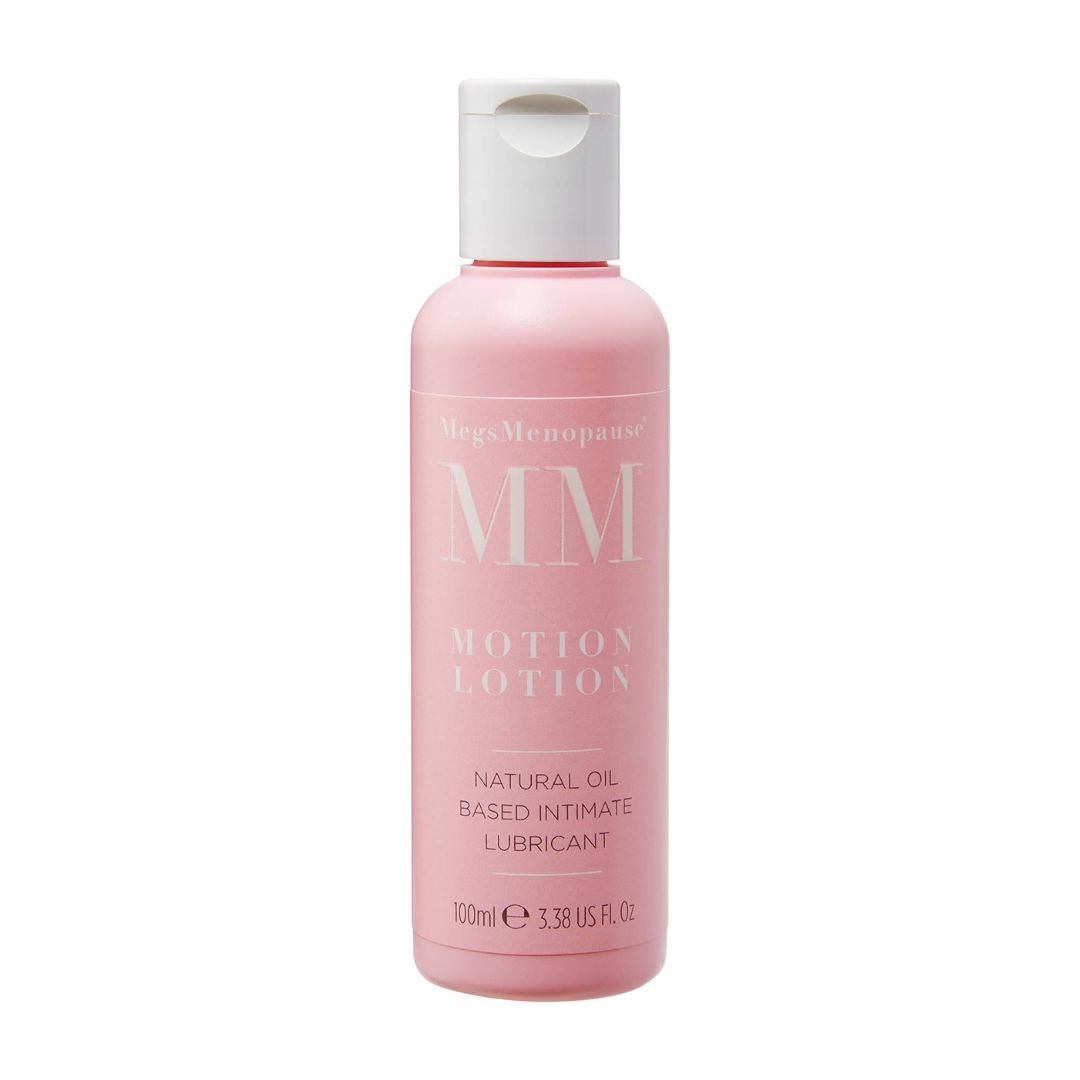
When Meg Mathews started to experience symptoms of the menopause herself, she was dismayed by the lack of support and understanding there was on the subject. This inspired her to launch her product line and website, a source of information and advice for women going through the same thing. These intimate products aim to help combat vaginal dryness.
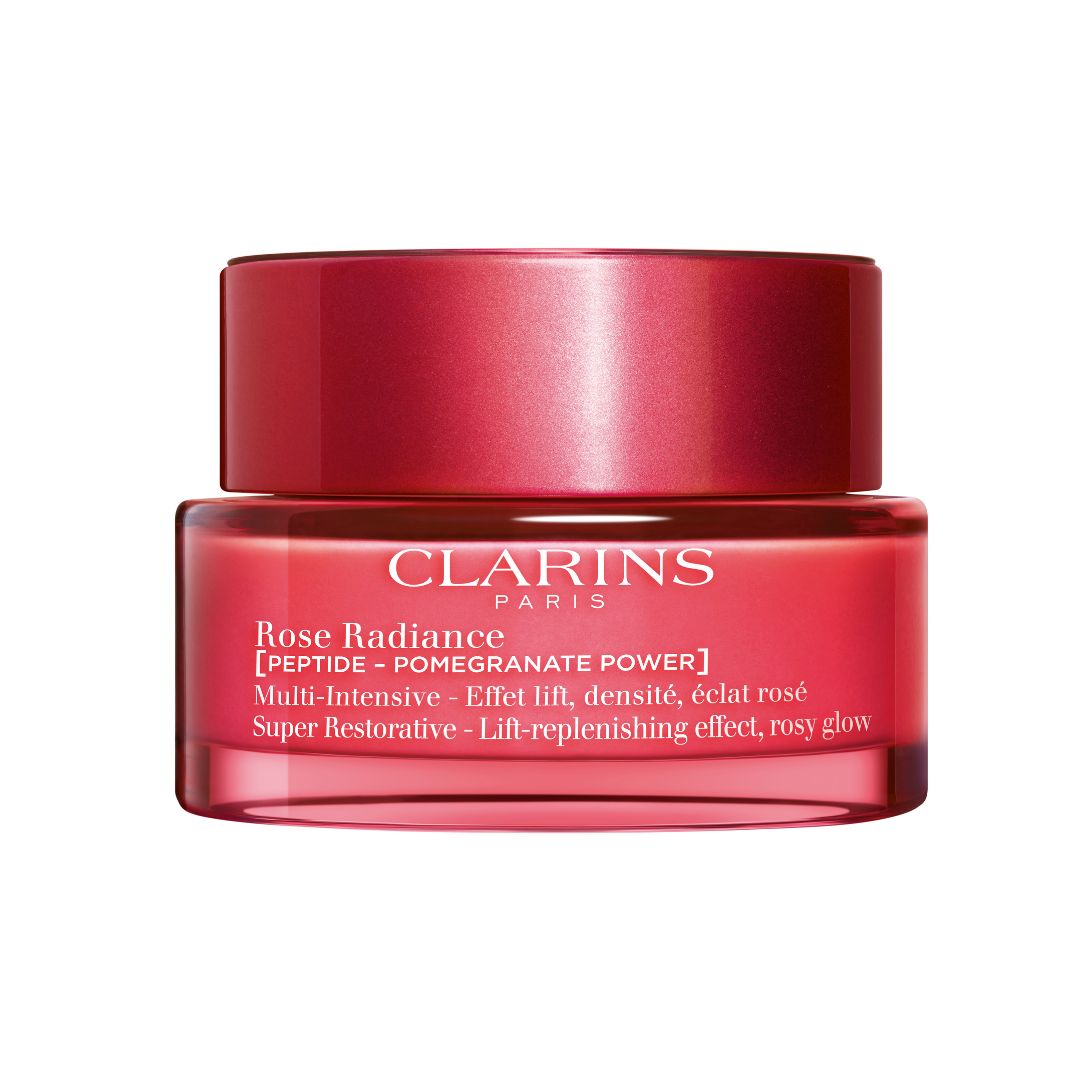
This Clarins cream has been specifically engineered for women whose skin is adapting to hormonal changes, promising to brighten and boost.
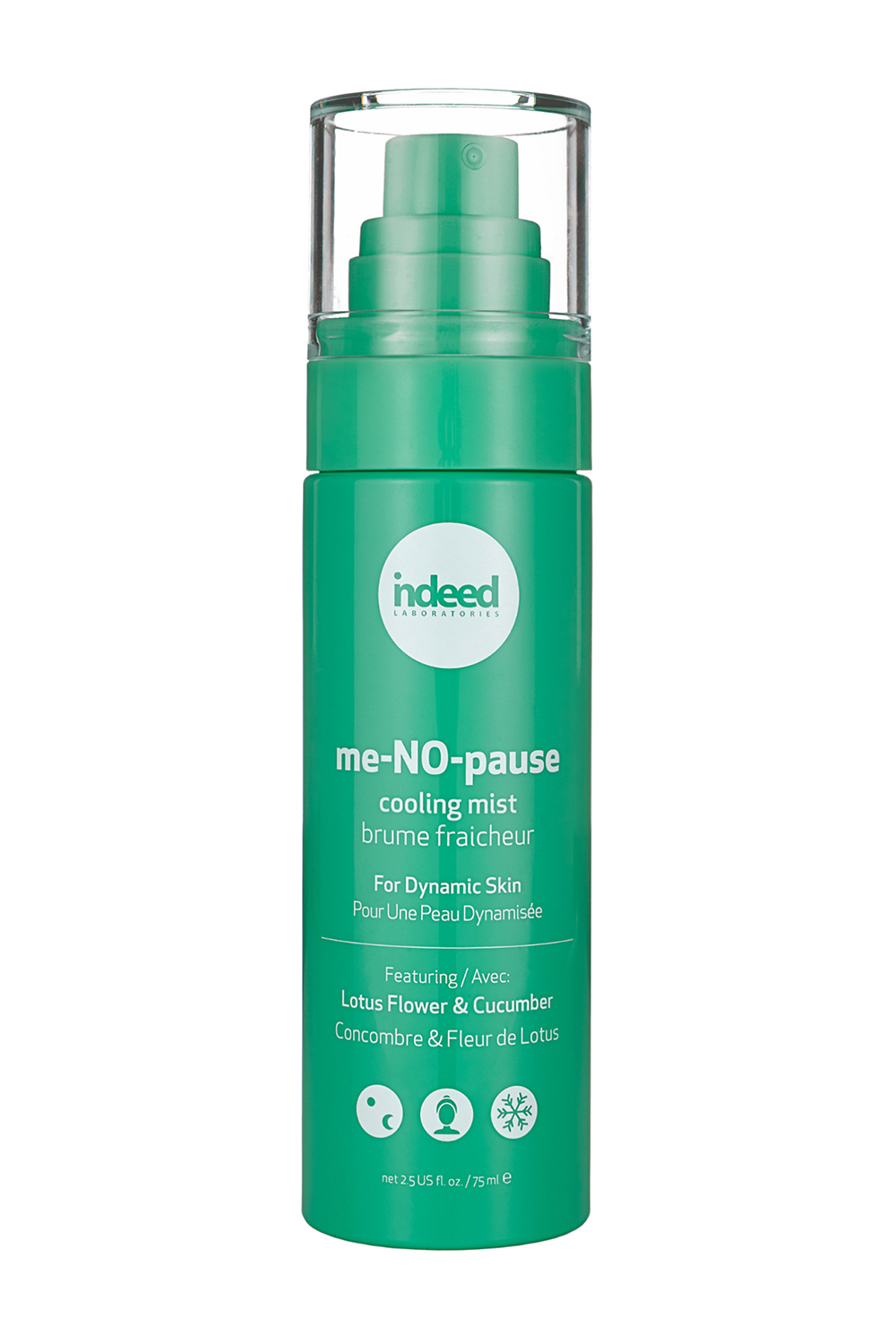
The experts we spoke to rate this mist for its ability to calm, refresh and cool. If you're going through the menopause, it's a great addition to your handbag to ease hot flushes.
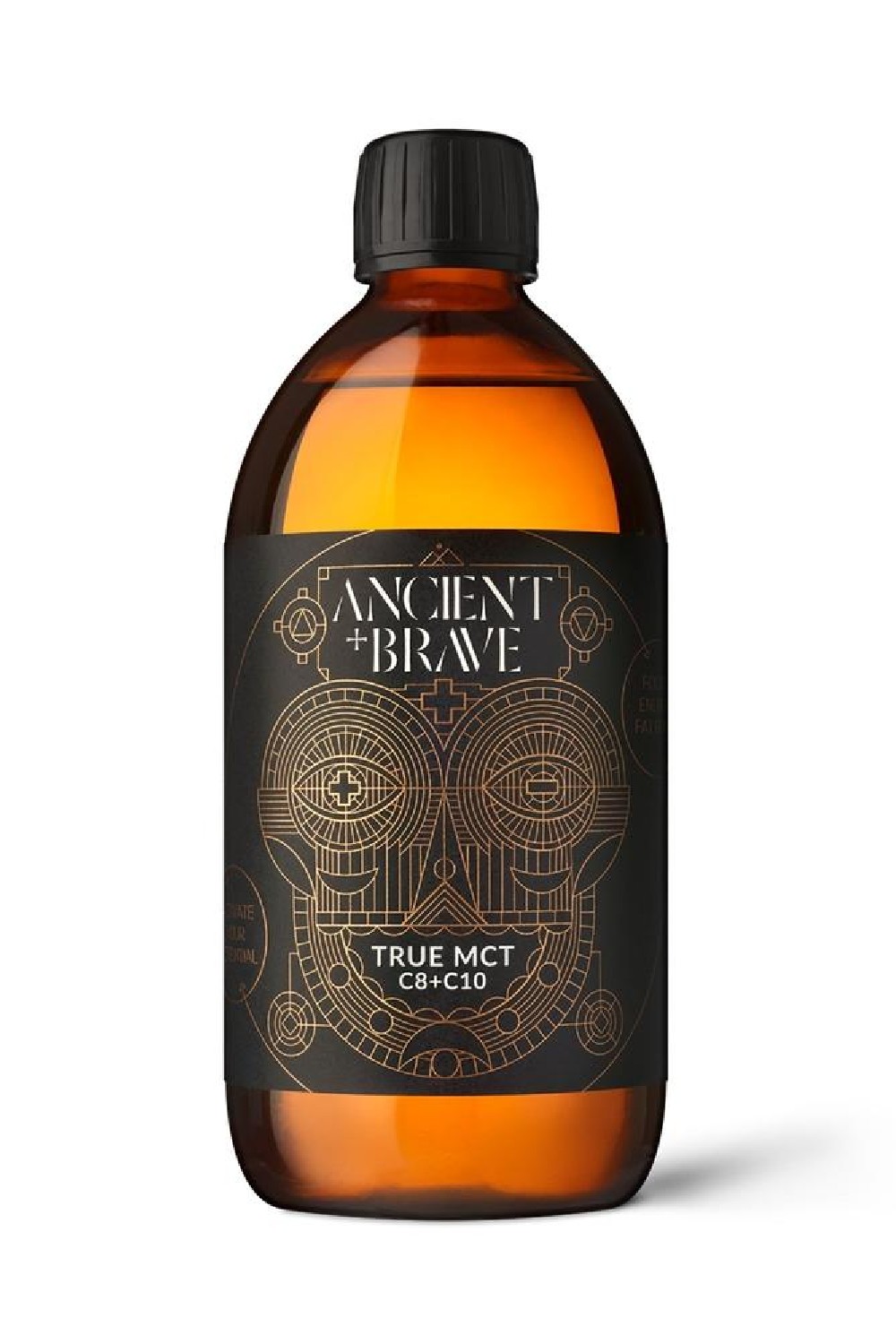
This MCT oil is filled with good fats to provide essential fuel as you go about your day-to-day. A daily supplement designed to boost energy levels and leave you feeling less tired, it's as simple as blending it into your morning coffee or smoothie.
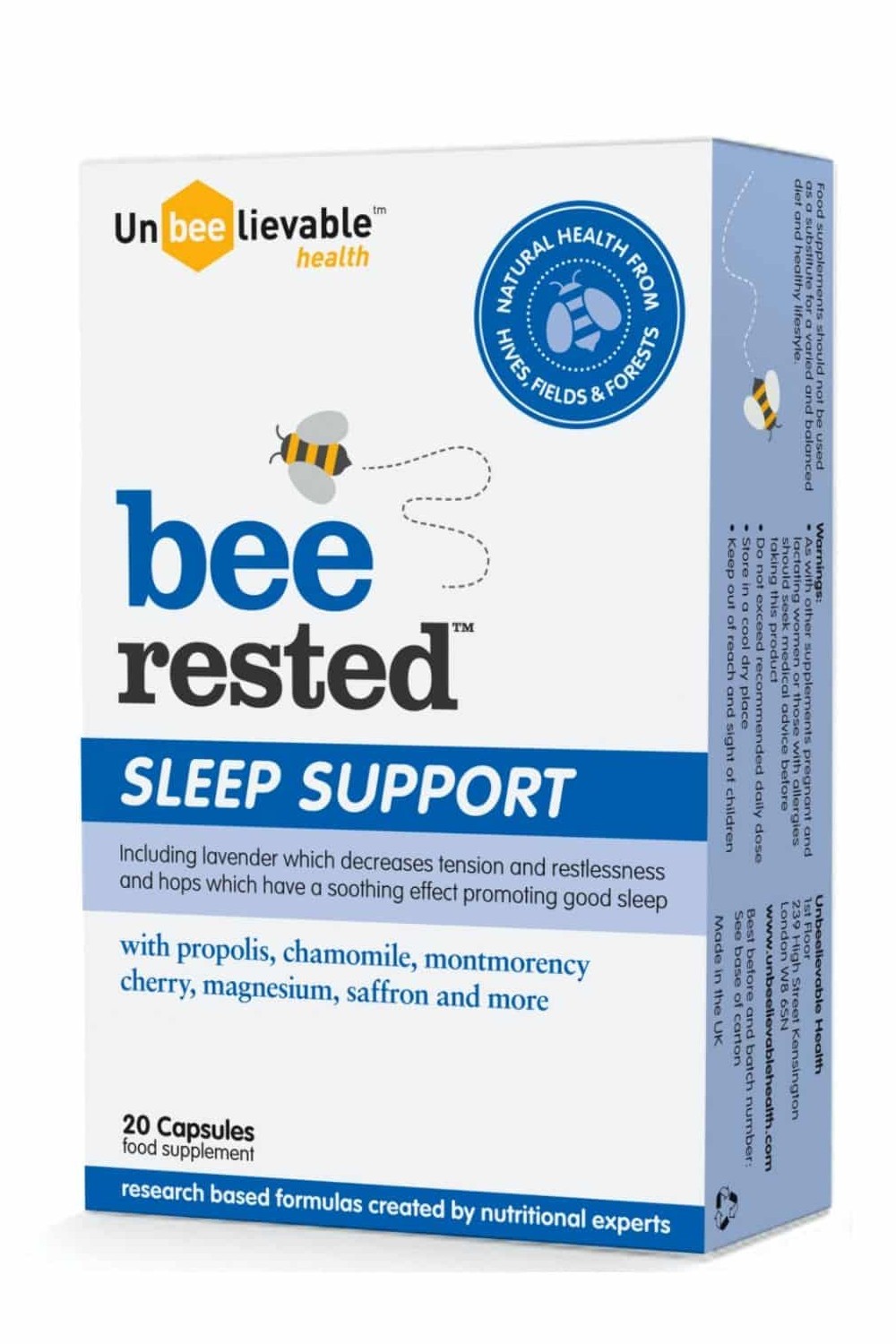
There are countless supplements out there purporting to ease the symptoms of menopause, so it can be difficult to distinguish which are worth their salt and which aren't. These natural Bee Rested ones certainly don't promise to be a miracle cure for sleepless nights, but their blend of lavender, hops, chamomile, magnesium and griffonia seed extract will make bedding down a little easier.

Ally Head is Marie Claire UK's Senior Health and Sustainability Editor, nine-time marathoner, and Boston Qualifying runner. Day-to-day, she heads up all strategy for her pillars, working across commissioning, features, and e-commerce, reporting on the latest health updates, writing the must-read wellness content, and rounding up the genuinely sustainable and squat-proof gym leggings worth *adding to basket*. She also spearheads the brand's annual Women in Sport covers, interviewing and shooting the likes of Mary Earps, Millie Bright, Daryll Neita, and Lavaia Nielsen. She's won a BSME for her sustainability work, regularly hosts panels and presents for events like the Sustainability Awards, and is a stickler for a strong stat, too, seeing over nine million total impressions on the January 2023 Wellness Issue she oversaw. Follow Ally on Instagram for more or get in touch.
-
 Spring has finally sprung - 6 best outdoor workouts that are totally free and boost both body and mind
Spring has finally sprung - 6 best outdoor workouts that are totally free and boost both body and mindSoak in the nature and boost Vitamin D *and* endorphins.
By Anna Bartter
-
 This iconic rose perfume is a compliment magnet—it makes me feel ‘put together’ after just one spritz
This iconic rose perfume is a compliment magnet—it makes me feel ‘put together’ after just one spritzGrown-up and elegant, yet not at all dated.
By Denise Primbet
-
 Prince William and Princess Kate's rare social media move is going viral
Prince William and Princess Kate's rare social media move is going viralBy Jenny Proudfoot
-
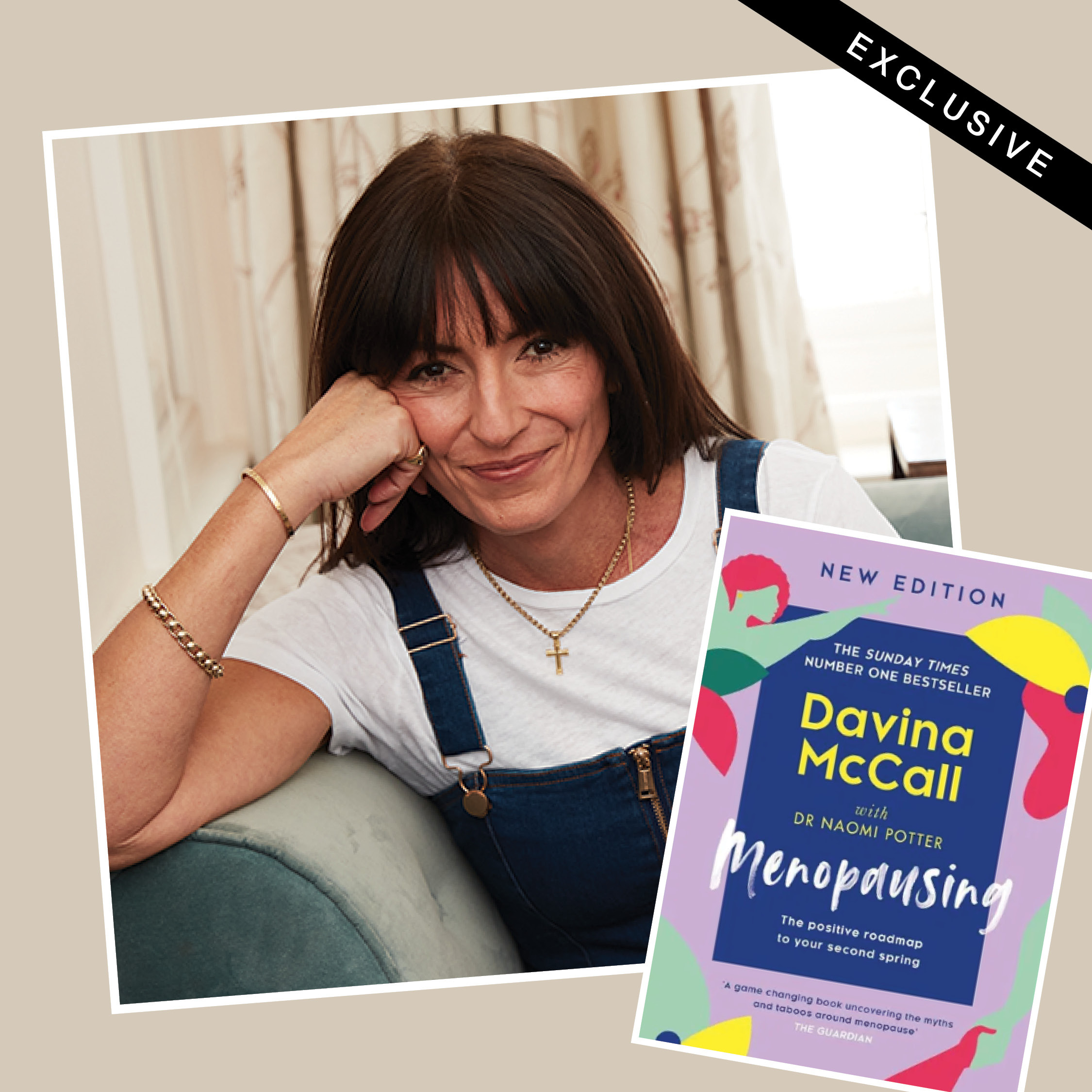 Davina McCall is on a mission to end menopause stigma - and she's going to stop at nothing
Davina McCall is on a mission to end menopause stigma - and she's going to stop at nothing"This is still happening, people."
By Ally Head
-
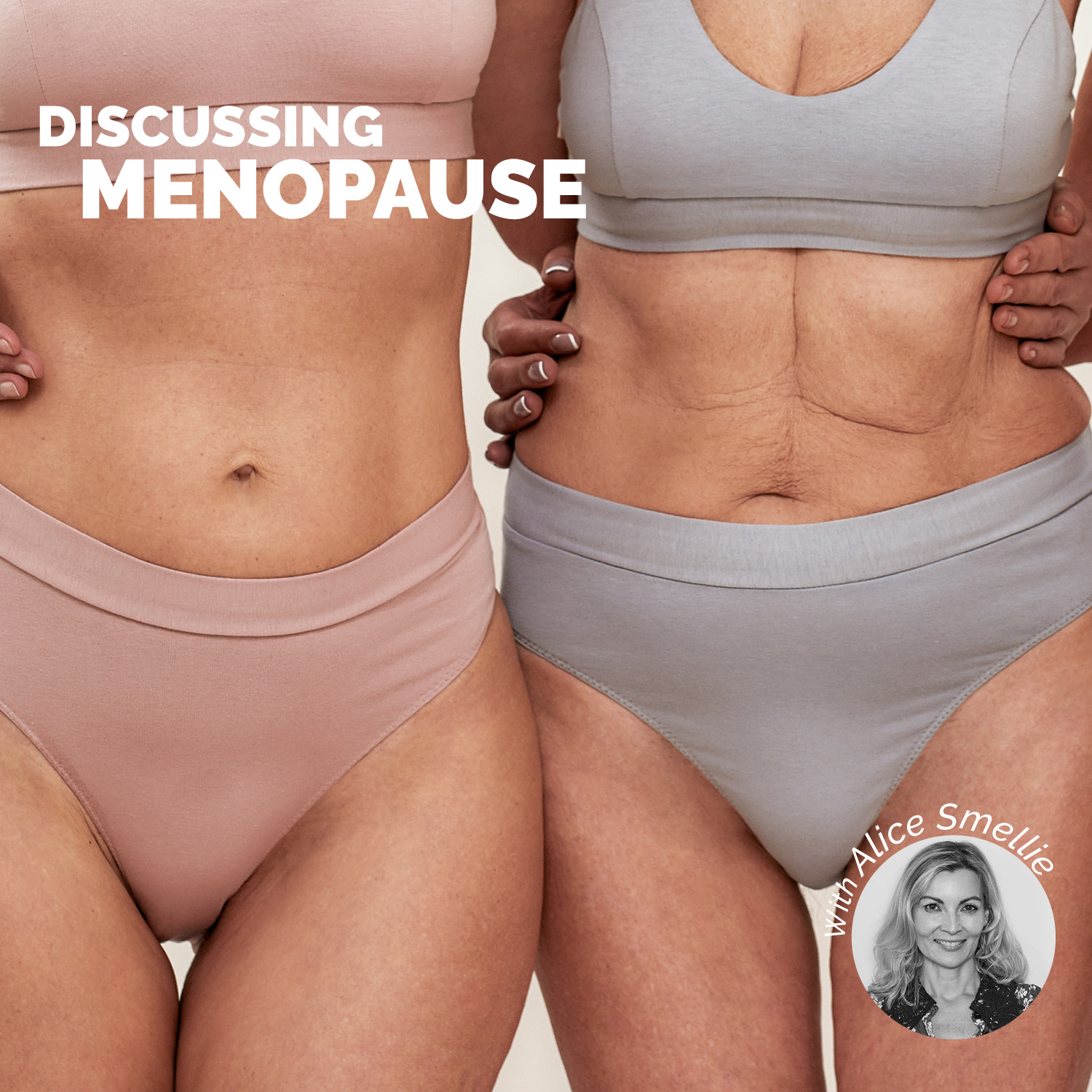 I'm a leading women's health expert - 10 menopause supplements to know about that actually ease symptoms
I'm a leading women's health expert - 10 menopause supplements to know about that actually ease symptomsCan you guess?
By Alice Smellie
-
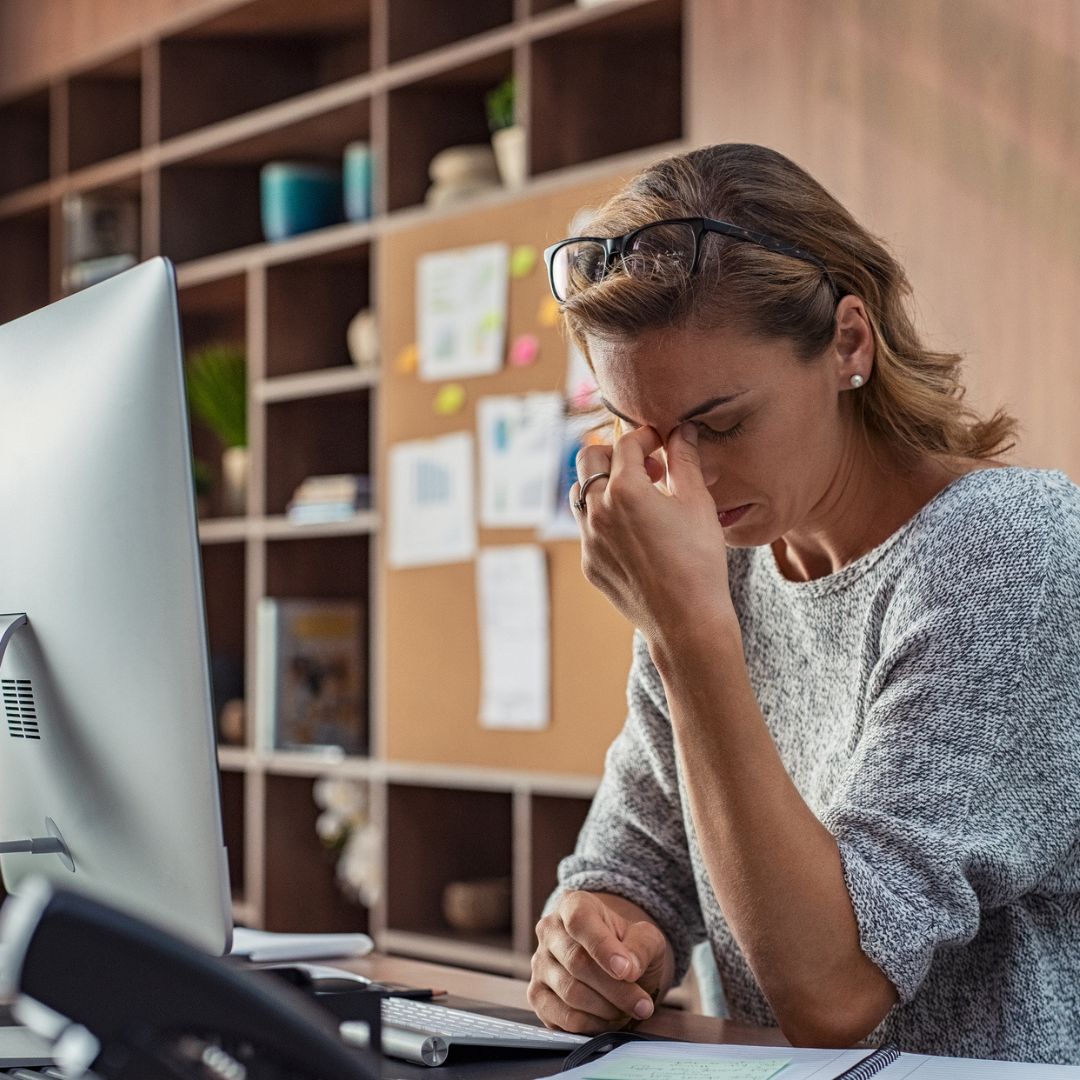 Menopause leave trial rejected by ministers for fear it "discriminates against men"
Menopause leave trial rejected by ministers for fear it "discriminates against men"Experts reckon the rejection of the pilot threatens to put both the economy and women in work at risk.
By Dionne Brighton
-
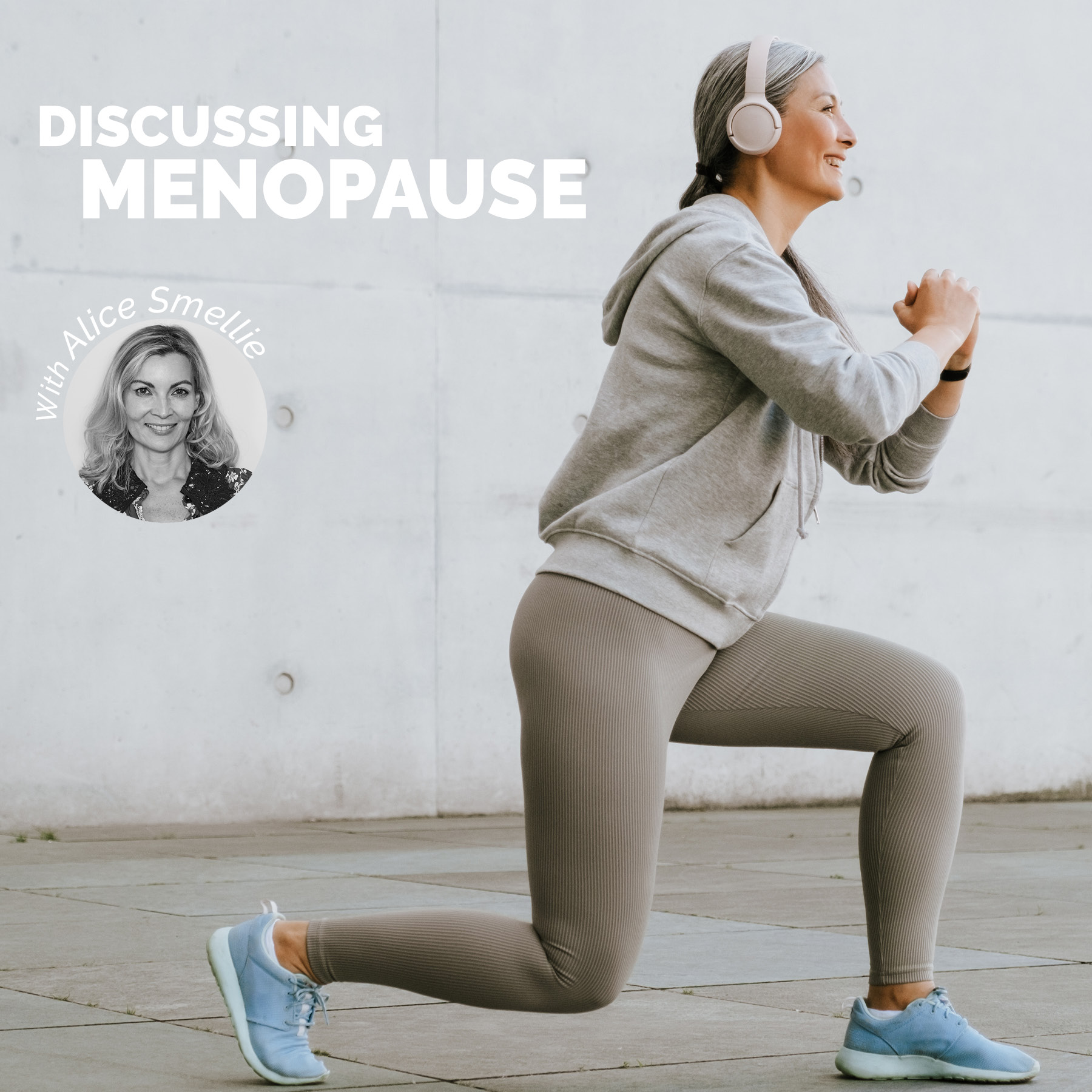 Ever wondered about the link between exercise and menopause symptoms? Your need-to-knows
Ever wondered about the link between exercise and menopause symptoms? Your need-to-knowsIs working out important for your health during your perimenopausal years?
By Alice Smellie
-
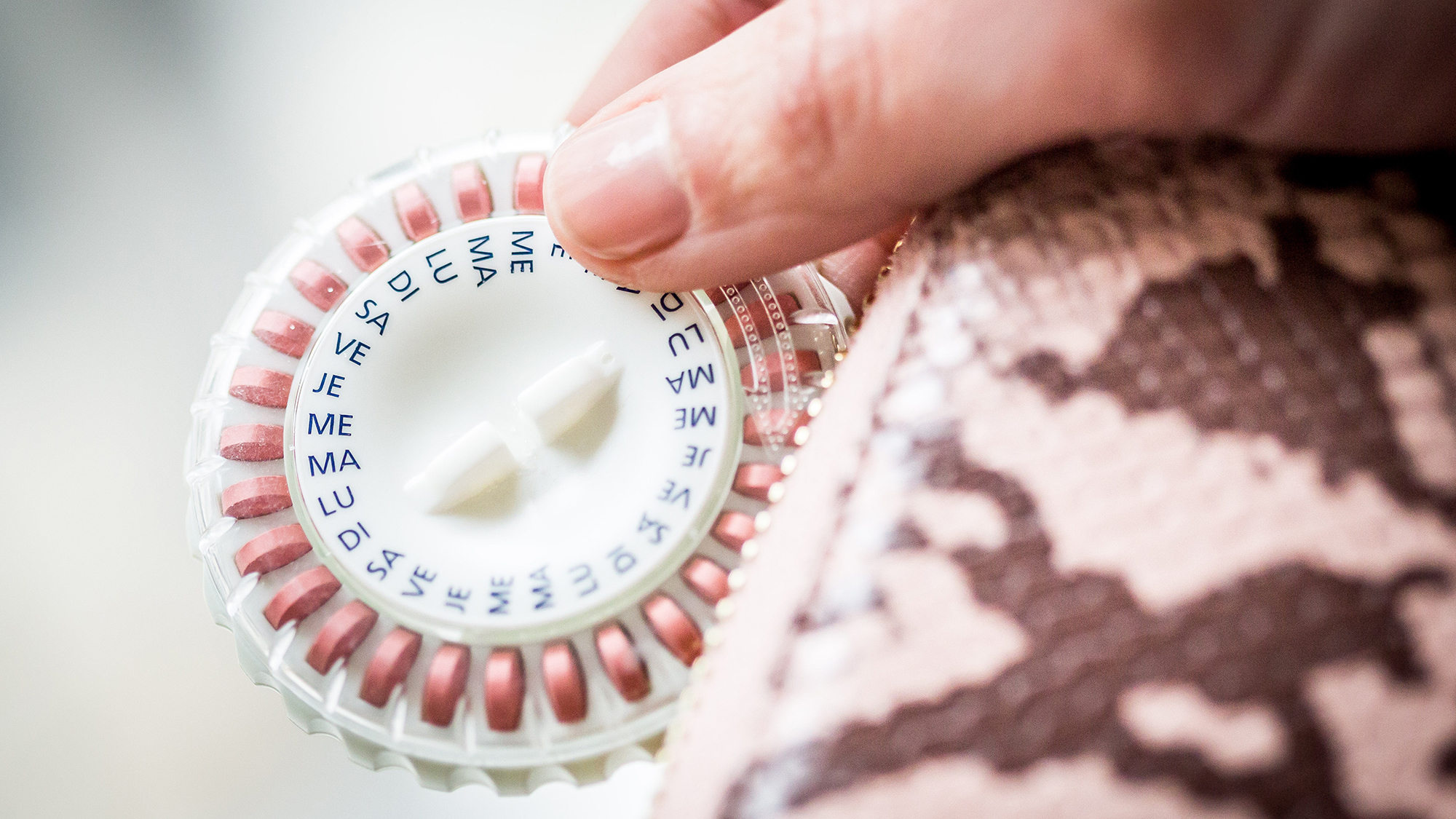 All women over the age of 45 should get a menopause health check, say MPs
All women over the age of 45 should get a menopause health check, say MPsThey also warn that an "entrenched taboo" around women's health means current medical support is not good enough.
By Amy Sedghi
-
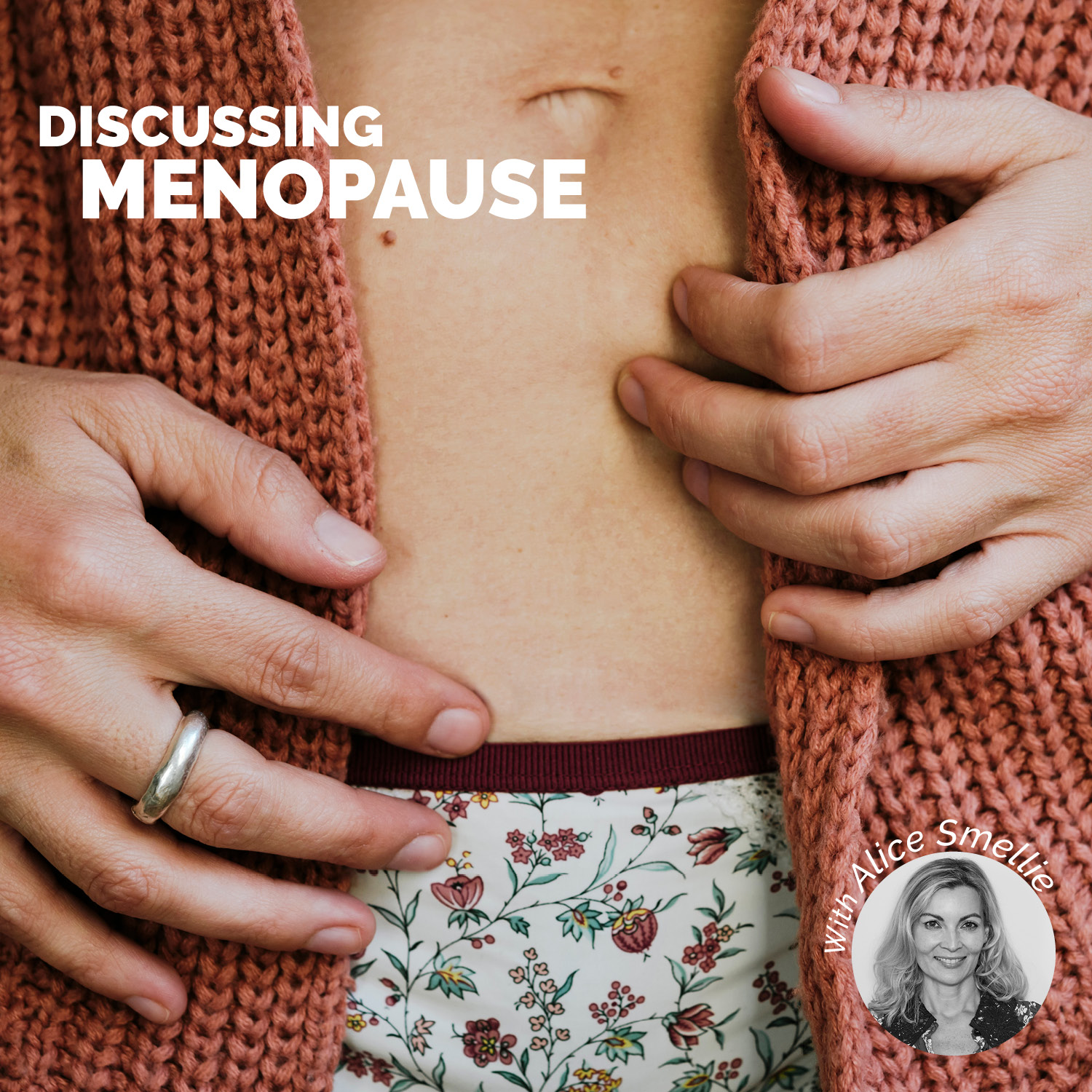 You asked, we answered: so, when does menopause actually start?
You asked, we answered: so, when does menopause actually start?Introducing your new monthly menopause column, Discussing Menopause, written by best-selling menopause author, Alice Smellie.
By Alice Smellie
-
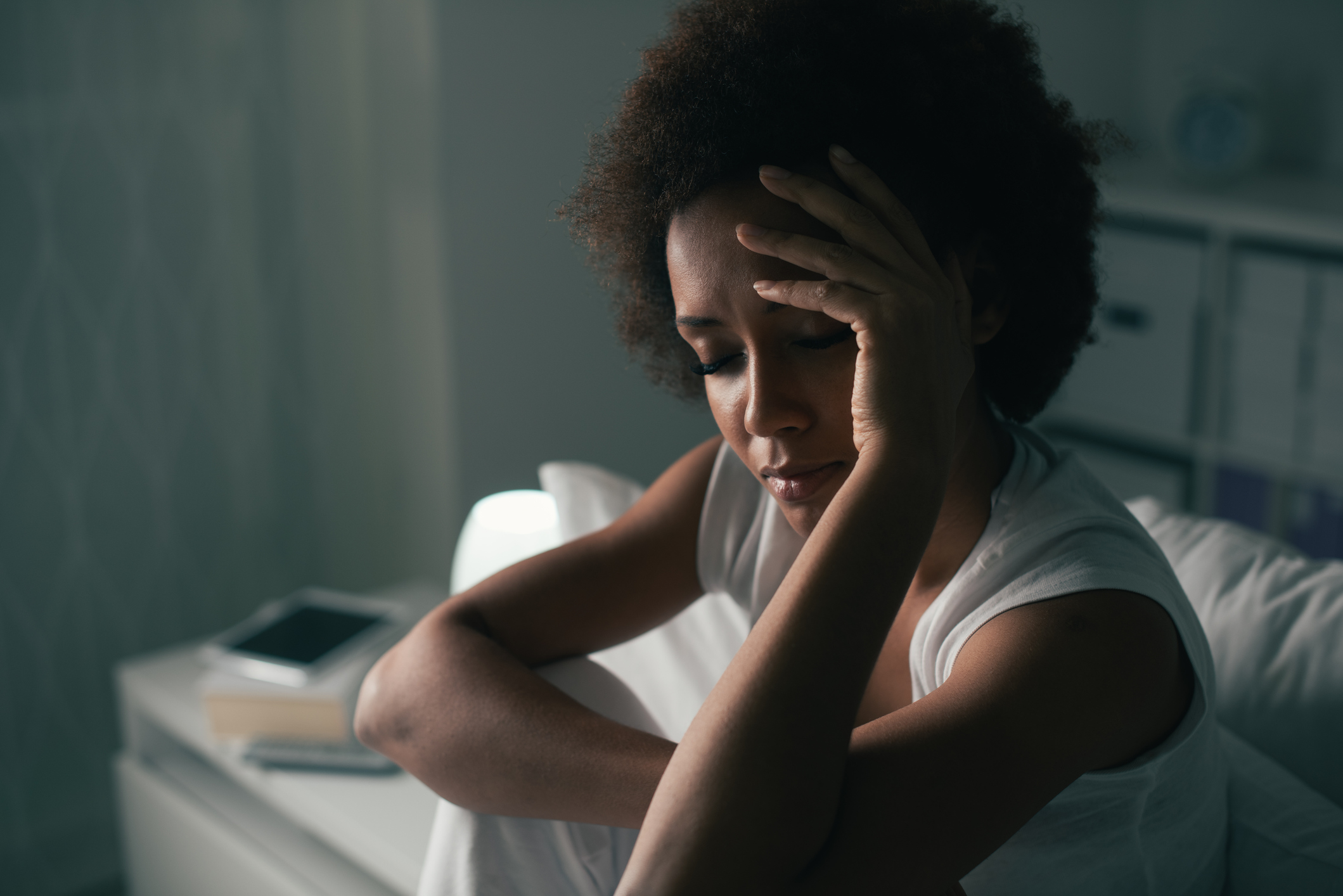 Menopause and sleep: your guide to understanding the link, plus which treatments may help
Menopause and sleep: your guide to understanding the link, plus which treatments may helpKeep reading as we unpack how menopause can make it harder to catch your zzzs, plus which menopause and sleep treatments are worth your money and time
By Kate Hollowood
-
 This women's health app is democratising access to menopause specialists
This women's health app is democratising access to menopause specialistsBalance+ could help more women get the insight and support they need to navigate their perimenopausal and menopausal symptoms
By Kate Hollowood